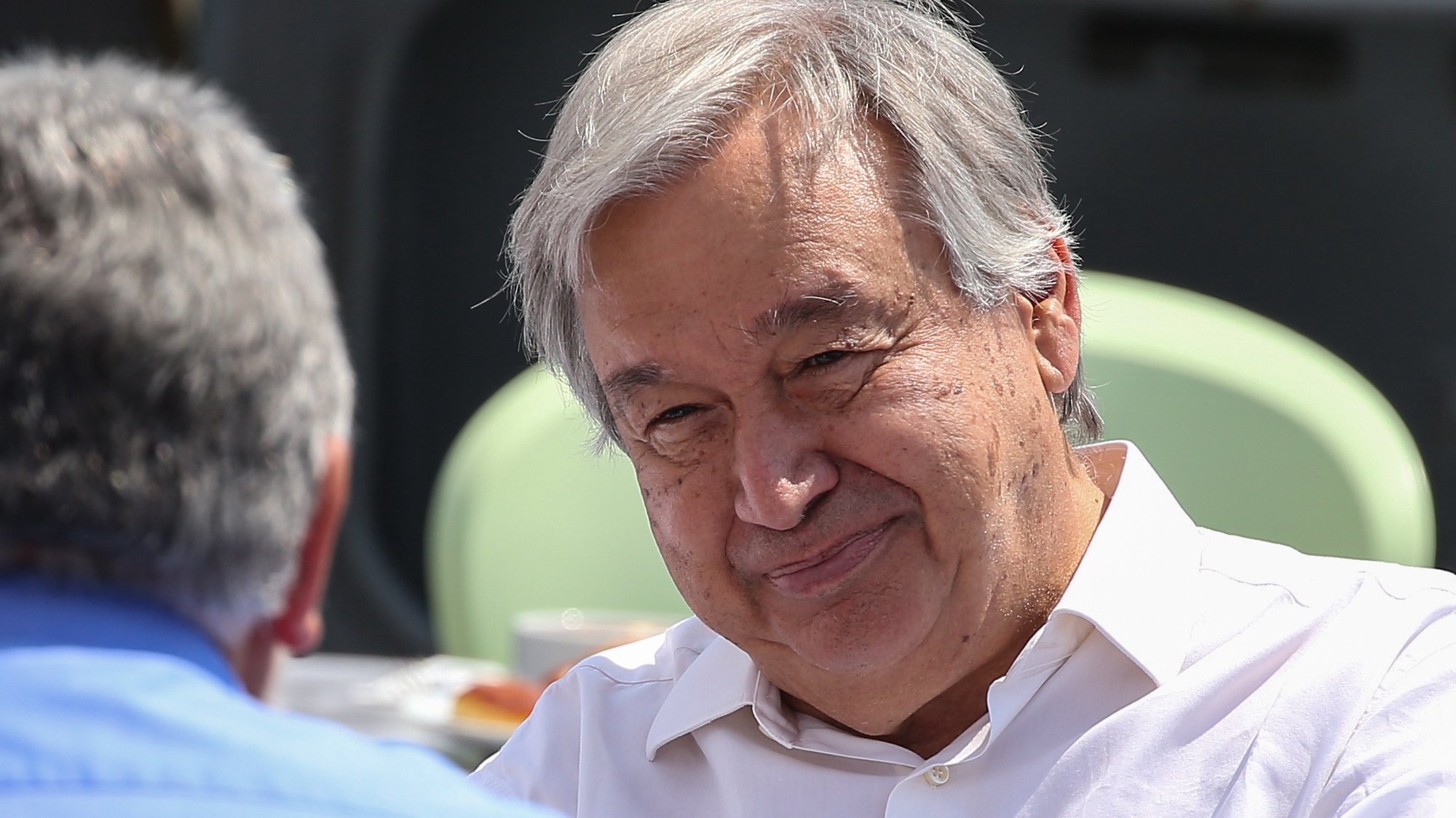UN Secretary-General António Guterres said that nuclear risks are reaching new heights and argued that now is the time for the Comprehensive Nuclear-Test-Ban Treaty.enter into full force“.
On the occasion of the International Day Against Nuclear Tests, Guterres argued that the world must finally launch a “legally binding ban” of all nuclear tests.
“The International Day Against Nuclear Tests represents a global recognition of the catastrophic and persistent damage caused in the name of the nuclear arms race. It is a way of remembering those who suffered from the madness of atomic intemperance,” the secretary-general said in a statement.
The International Day Against Nuclear Tests is celebrated annually on August 29, in order to raise public awareness of the harmful effects of these tests or any nuclear explosion or experiment.
It was proclaimed by the UN General Assembly on December 2, 2009.
“With nuclear risks reaching new heights, now is the time for the Comprehensive Nuclear-Test-Ban Treaty to enter into full force, backed by an effective verification system. Nuclear weapons have no place in our world. They do not guarantee victory or safety. By definition, its only result is destruction.”
The United Nations leader’s remarks come at a time when concerns are growing over the Ukrainian nuclear power plant in Zaporizhia, in southeastern Ukraine.
G7 shows ‘deep concern’ over Zaporizhia power plant
This plant, the largest in Europe, was seized by Russian forces about two weeks after the start of Moscow’s military offensive against the neighboring country on February 24.
Since then, Ukraine and Russia have exchanged accusations about attacks perpetrated against Zaporizhia.
This scenario has aroused great concern among the international community, which has warned of the imminence of a potential nuclear disaster.
Guterres’ statements also come on the day of the departure of a mission of international experts from the International Atomic Energy Agency (IAEA), a body that integrates the UN system, to the Ukrainian nuclear power plant in Zaporizhia.
“From the steppes of Kazakhstan to the pristine waters of the Pacific Ocean and the deserts of Australia, nuclear testing has long poisoned our planet’s natural environment and the species and people that inhabit it. (…) Our world has been held hostage to these devices of death for long enough.Guterres continued.
“On this important day, I ask the world to act for the health and survival of people and the planet. Let’s ensure an end to testing now and forever, and consign nuclear weapons to history once and for all.”
Last Saturday, Guterres expressed disappointment at the failure of the Nuclear Non-Proliferation Treaty (NPT) review conference, which ended on Friday without an agreement, noting that the lack of consensus threatens collective security.
Guterres says lack of agreement at nuclear conference poses threat to collective security
At the end of almost a month of discussions, and after several hours of prolonged debate in search of consensus, the conference ended on Friday without the adoption of a final document due to Russian objections.
Russia blocked the deal at the 10th treaty review conference, particularly on issues related to the invasion of Ukraine and the occupation of the Zaporizhia nuclear power plant.
The Moscow delegation he was the only one who spoke in the final session to oppose the latest draft document presented by the conference’s president, Argentine Gustavo Zlauvinen, and which the remaining 191 NPT signatories were willing to accept.
Russia claimed that, of the entire lengthy document, it only objected to five paragraphs on the grounds that they had been “politicized”.
Although the Russian delegation did not indicate in which paragraphs the disagreement was found, diplomatic sources pointed out that the differences, which arose at the last moment, centered on references to the situation at the Ukrainian nuclear power plant in Zaporizhia and the need to control the complex in order to be returned to the competent authorities.
Although the war in Ukraine made this meeting particularly difficult, this is not the first time that the periodic review of the NPT ends without consensusas happened in the last edition, held seven years ago.
Source: Observadora
